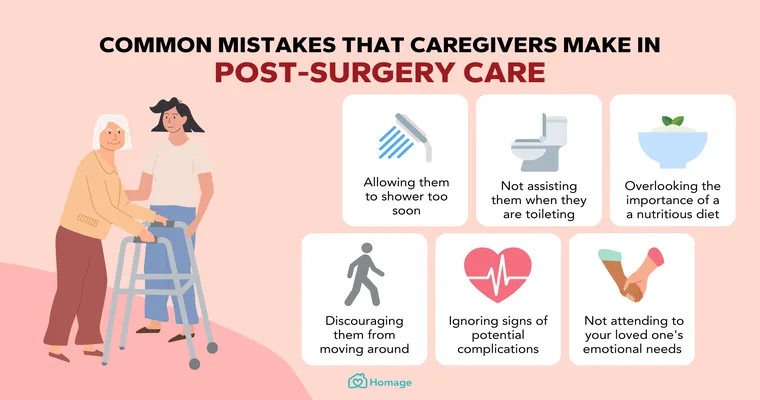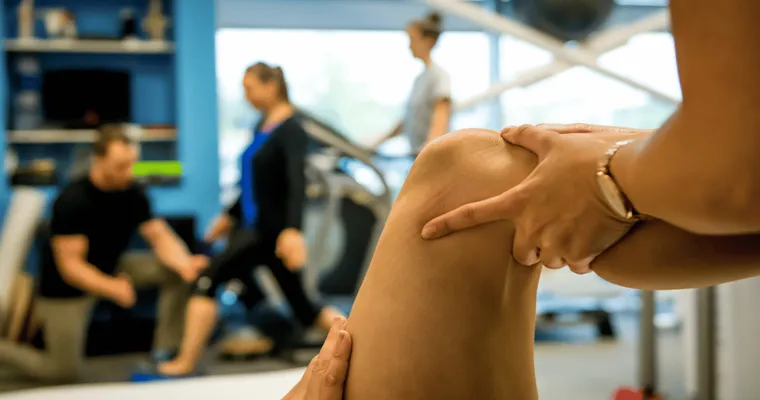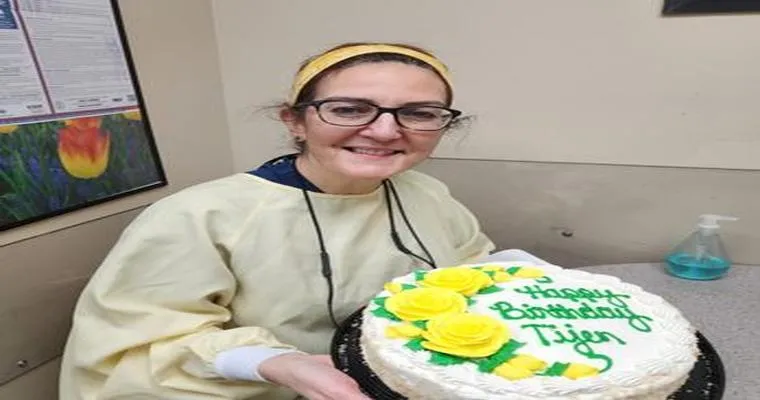Being a "sole caretaker" is a demanding role that often comes with a heavy emotional burden. When you find yourself in a situation where you need "surgery", it’s natural to feel a sense of "guilt" about leaving your loved ones, especially if you are their primary source of support. This article aims to provide valuable advice on how to navigate these feelings and prepare for your surgery while ensuring that your responsibilities are managed effectively.
Understanding Your Feelings of Guilt
First and foremost, it’s important to acknowledge that feeling guilty is a common reaction among sole caretakers. You may worry about how your absence will affect your loved ones or fear that you are letting them down. However, it’s crucial to recognize that taking care of your own health is just as important as taking care of others. By prioritizing your well-being, you are ultimately enhancing your ability to provide care in the long run.
Communicate Openly
Once you have accepted your need for surgery, the next step is to communicate with those you care for. Share your situation with them, explaining the necessity of the procedure and how it will benefit both you and them in the long term. Open communication can help alleviate feelings of guilt and establish a support network that can step in during your recovery period.
Plan Ahead
Preparation can significantly reduce anxiety and guilt. Create a detailed plan for your care responsibilities before your surgery. This might include:
1. "Identifying Temporary Caregivers": Reach out to family members, friends, or professional caregivers who can help during your recovery. Make a list of tasks they can assist with, such as meal preparation, transportation, or companionship.
2. "Organizing Daily Routines": Write down daily routines and important information for your temporary caregivers. This could include medication schedules, dietary restrictions, and any other care needs.
3. "Setting Up Resources": Ensure that you have all necessary resources in place, such as medical supplies or any additional help you might require post-surgery.
Focus on Self-Care
While preparing for your surgery, don’t forget to take care of yourself emotionally and physically. Engage in activities that help reduce stress, such as meditation, light exercise, or spending time with supportive friends. Practice positive affirmations to combat feelings of guilt and remind yourself that your health is a priority.
Seek Professional Support
If feelings of guilt become overwhelming, consider seeking professional help. A therapist or counselor can provide you with coping strategies and techniques to manage your emotions effectively. Support groups for caretakers can also be beneficial, allowing you to connect with others who understand what you’re going through.
Embrace the Recovery Process
After your surgery, give yourself permission to rest and heal. Recovery is a crucial phase, and rushing back into your caretaker role may lead to burnout or complications. Trust the people you have put in place to help you, and focus on regaining your strength.
Conclusion
Feeling guilty as a sole caretaker needing surgery is a normal response, but it is essential to prioritize your health. By communicating openly, planning ahead, and seeking support, you can navigate this challenging time with less stress. Remember, taking care of yourself is not a selfish act; it is a necessary step towards being the best caretaker you can be.





